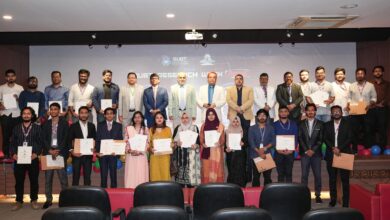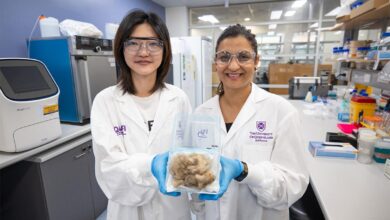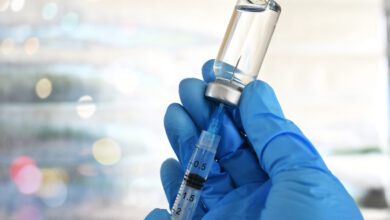Harnessing the Power of Black Soldier Fly: Revolutionary Skincare Benefits

Recent research conducted in Malaysia and Australia has identified the larvae of the black soldier fly (BSF) as a promising ingredient for skincare products, highlighting its significant antimicrobial and antioxidant properties. This insect may offer viable solutions within the evolving sector of cosmeceuticals, despite previous reservations regarding the use of insect derivatives in personal care.
The Benefits of Black Soldier Fly in Skincare
Black soldier fly larvae are characterized by their nutrient density and various beneficial capabilities, which include antimicrobial, antioxidant, anti-inflammatory, and wound-healing effects. These qualities position BSF as a suitable option for natural skincare applications, aligning with the increasing demand for eco-friendly and sustainable beauty products.
Expert Insights on BSF Potential
Professor Dr. Goh Khang Wen, Pro Vice-Chancellor of Global Engagement at INTI International University, emphasized the potential of insects as an underutilized resource. He advocates for continued exploration of these organisms across various sectors, including personal care.
Innovative Alternatives to Conventional Skincare
The application of BSF larvae presents an innovative alternative to conventional skincare formulations, which frequently rely on synthetic compounds. Products created from BSF leverage natural bioactive components, such as antimicrobial peptides and antioxidants, which may facilitate a more sustainable approach to skincare. Additionally, BSF farming requires fewer resources and effectively utilizes organic waste for feeding, thereby contributing to a circular economy.
Challenges in Consumer Acceptance and Regulation
Despite the numerous advantages associated with BSF, consumer acceptance remains a challenge, as do the complexities of regulatory approvals needed for the commercialization of insect-based products. Traditional skincare products tend to consist of synthetic ingredients, which can lead to skin irritation and environmental concerns in their production processes. Furthermore, the overuse of antibiotics within existing treatments exacerbates the growing issue of antimicrobial resistance.
Nutritional Benefits and Research Findings
Research has revealed that the antimicrobial peptides derived from BSF larvae exhibit effectiveness against various bacteria, including some resistant strains. Furthermore, these larvae are rich in essential nutrients, such as amino and fatty acids, with lauric acid recognized for its significant antimicrobial properties. Studies indicate that the larvae’s diet is directly linked to the potency of these bioactive compounds, underscoring the potential for advancements in precision farming techniques.
The Future of BSF in Personal Care
The integration of BSF in the personal care sector indicates a significant advancement in sustainability. Researchers envision a future where waste management practices align with innovations in cosmeceuticals, effectively utilizing the natural behaviors of BSF and its compatibility with organic waste.
The Path Forward
While the findings suggest substantial possibilities, Professor Goh emphasizes the necessity for further research to transition these discoveries into commercially viable products. Collaborative efforts among academia, industry stakeholders, and regulatory bodies will be essential to fully harness the potential of black soldier fly for sustainable and ethical applications in skincare.
(Source: INTI International University)




